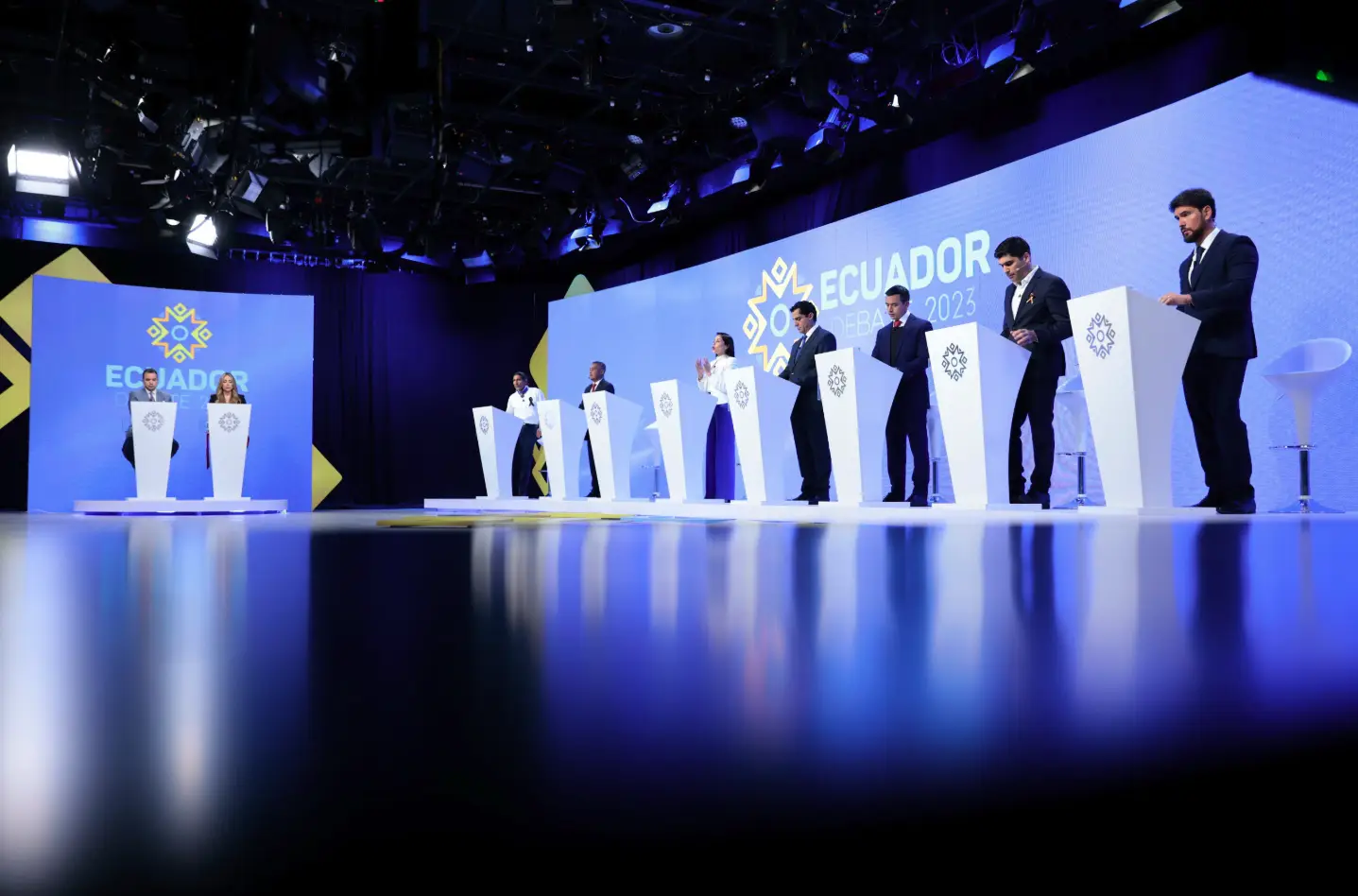Being a presidential candidate in Latin America seems to have become an opportunity not only for career politicians but also for media figures, businesspeople, social media commentators, and even eccentric individuals with no political background. In each election, the number of candidates increases, even though the position entails challenges such as political wear and tear, low approval ratings, conflicts with the opposition, and pressure from social movements. This leads us to a key question: What really motivates so many aspirants to compete for the presidency?
A desire for leadership or commitment to a national project does not solely drive the phenomenon of candidate inflation. Many candidacies are political and media positioning strategies, negotiation tools, or simple exercises in visibility. While some candidates genuinely compete with a chance of winning, others seek to consolidate their image for future elections or introduce specific topics into the public agenda. A significant group participates with the sole objective of negotiating support in the second round, exchanging votes for positions in the future government.
The Chilean case: A candidacy for every profile
An emblematic case of this phenomenon is Chile, where, as of March 25, 2025, 96 people are seeking sponsorship from the Electoral Service to run for the presidency. Although not all will collect the necessary signatures to appear on the ballot, the number is significant compared to the 35 aspirants in 2021. Among the candidates are everyone from tarot readers to far-right social media commentators, as well as former presidential candidates from previous elections. Most of them know their chances of success are minimal, but merely participating in the process grants them media exposure and political capital.
At the same time, the more structured competition takes place among candidates with party backing. Names like Carolina Tohá, Evelyn Matthei, José Antonio Kast, Johannes Kaiser, Alberto Undurraga, and Ximena Rincón represent different factions of the government and the opposition. Their parties and coalitions seek to bring order through primaries, although fragmentation remains a persistent issue.
This excess of candidacies not only complicates the consolidation of viable candidates but also erodes governability. In highly fragmented electoral scenarios, the second round becomes a marketplace of political transactions, where the support of certain candidates is offered to the highest bidder in exchange for positions and concessions.
Ecuador and the vote market in the second round
The Ecuadorian case illustrates this dynamic well. In the 2025 elections, 25 candidates ran for the presidency, but the results showed that most votes were concentrated among just two contenders: Daniel Noboa, with 44.17%, and Luisa González, with 44%. A third candidate, Leonidas Iza, obtained 5.25%, while the remaining aspirants fell far behind.
The fragmentation of votes turned the second round into a negotiation game, where eliminated candidates sought to trade their support for positions or influence in the future government. This is no coincidence: Ecuador has a weak and volatile party system, where political structures are fragile, and elections increasingly depend on personalistic leaderships. In a polarized country, every vote counts, and with it, the power to negotiate.
The problem of the lack of long-term national projects
However, the issue is not just the excess of candidates but also the absence of long-term national projects. In most of these cases, candidacies do not emerge from a well-structured government plan but rather from a series of short-term proposals, many designed to attract votes immediately without a clear vision for the country’s future.
This phenomenon is particularly visible in campaigns centered around security, the economy, or punitive populism, where simplistic promises—such as drastic tax cuts, mass incarceration of criminals, or the elimination of state agencies—are used as electoral hooks without feasibility studies or real impact assessments. In many cases, these proposals do not withstand technical or legal scrutiny but function as political marketing strategies.
Moreover, in countries where traditional politics has lost credibility, the promise of the “outsider”—the candidate who “comes to break the system”—has become a powerful narrative. However, lack of preparation and improvisation in governance ultimately undermine institutional stability, as seen in recent experiences across the region.
Electoral fragmentation and personalism: A risk to democracy
This surge of candidacies also strengthens personalism and weakens programmatic politics. In political systems with fragile party structures, elections stop being a competition of national projects and become a contest between individual figures, each with their own segmented electorate and negotiation strategy.
In Chile, for example, the right faces a crucial dilemma: José Antonio Kast, who reached the second round in 2021, and Johannes Kaiser, an even more radical figure seeking to emulate Trump and Milei’s models. If Evelyn Matthei manages to establish herself as the traditional right’s candidate, she will have to determine how much she is willing to negotiate with these extreme factions to secure victory. In a fragmented scenario, the question is: How much can traditional candidacies concede before compromising democratic stability?
The same occurs in other countries in the region, where the multitude of candidates does not translate into more real options for voters but rather into a weakening of institutions. Electoral dispersion leads to governments with less legitimacy and greater difficulty in building consensus, directly impacting governability.
Conclusion
Ultimately, the proliferation of presidential candidacies in Latin America reflects the structural challenges of our democracies. Beyond the diversity of choices on the ballot, what is truly at stake is the quality of political representation. If elections become a battle of egos, a vote marketplace, or a self-promotion platform, the real debate about our countries’ future takes a backseat.
Latin America needs more than just names on a ballot—it needs candidates with a vision for the state, solid proposals, and a genuine commitment to strengthening democracy. Otherwise, politics will continue to be a spectacle where many compete, few govern, and the citizens lose.
*Machine translation proofread by Janaína da Silva.













